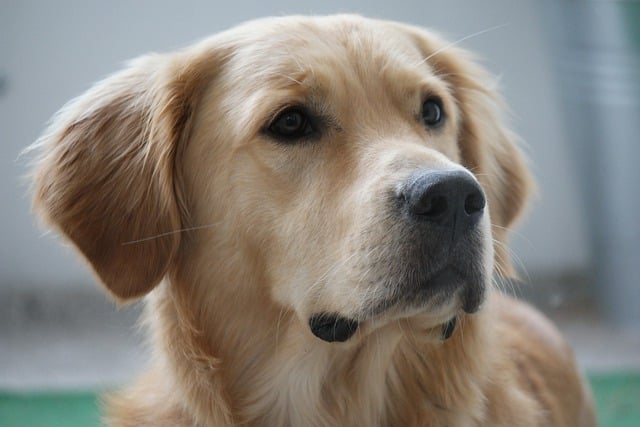
How do i train my dog to be obedient?
Watching your dog dart across the park ignoring your calls isn’t just frustrating—it can put them at risk near busy streets or public spaces.
The moment you bring your puppy home, you know they need to see the world—but where can you safely take them before they’re fully vaccinated? This is the central dilemma of puppy socialization. The goal is to expose them to a wide variety of people, environments, and sounds in a controlled way that minimizes disease risk. You don’t need to go to dog parks; some of the best socialization spots are right in your community, and many don’t require your puppy to even touch the ground.
Think beyond the obvious. The safest early trips are those where your puppy can observe from the security of your arms or a carrier. A great first outing is simply sitting on a bench outside a busy coffee shop or a large home improvement store like Home Depot that allows pets. From your lap, they can safely see people wearing hats, walking quickly, and using rolling carts. The sound of espresso machines, shopping carts clattering, and overhead announcements are all fantastic, novel experiences. Always keep a pouch of high-value treats like small cheese bits with you. Every time something new or potentially startling happens—a truck backfires, a child runs by—give your puppy a treat. This pairs the strange thing with something wonderful, building positive associations through positive reinforcement training. Puppy kindergarten classes are another brilliant option, as reputable trainers require proof of initial vaccinations and maintain a clean, controlled environment for safe play.

This process must always be guided by your puppy’s comfort level. Never force an interaction. If they seem nervous, increase the distance and continue treating. Forcing a scared puppy to meet someone or exposing them to an overly stimulating environment can create lasting fear, which is the exact opposite of your goal. This patience is a cornerstone of modern, force-free training ethics, which strictly prohibit any form of punishment or intimidation for fearful behavior. In an apartment building, practice short sessions in the hallway to get them comfortable with elevator dings, neighbor noises, and walking on different floor surfaces. This managed exposure is key to preventing fear-based barking later on.
Your adventure in socialization is deeply tied to your role as a responsible puppy owner. While your vet will advise on safe practices before vaccines are complete, your legal obligations are clear. Your puppy’ rabies vaccination, typically given around 12-16 weeks, is required by law in most states and is your ticket to more expansive socialization. Furthermore, as you begin to explore, your civic duty is paramount. Always have a ready supply of waste bags. The instant your puppy relieves themselves in a public space, you must clean it up thoroughly. This isn’t just good manners; it’s the law in virtually all U.S. municipalities and a fundamental part of being a respectful community member. By choosing safe, thoughtful locations and pairing every outing with positive experiences and responsible habits, you’re not just socializing your puppy—you’re raising a confident, well-mannered canine citizen.

Watching your dog dart across the park ignoring your calls isn’t just frustrating—it can put them at risk near busy streets or public spaces.

New puppy owners often find themselves rushing to clean up accidents before they set in, and that’s where puppy pad training becomes a game-changer.

If you've noticed your dog's waistline disappearing and your veterinarian has mentioned those few extra pounds, your first instinct might be to simply reduce the amount of food in their bowl.

Training a dog to use a designated spot indoors isn’t as daunting as many new owners fear, but it does take consistency and an understanding of your pet’s needs.

That moment of dread on a walk is all too familiar for many new dog owners. You see another dog approaching down the sidewalk of your neighborhood

If the sight of another dog on your neighborhood walk makes your heart sink as your own dog erupts into a frenzy of barking and lunging, you're not alone.